My Amazing Milk Machine
After growing up in a frenzy of feminism and bra burning, Martha McPhee learned to embrace her breasts after she became a mother.
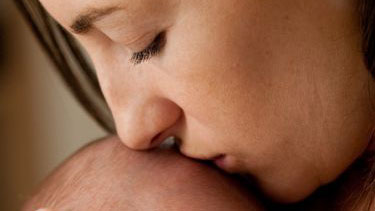
As a girl, I was not keen on developing breasts. I watched with trepidation as my older sisters entered this milestone: Laura was told by my stepmother to pray that she wouldn't inherit my mother's overly ample bust; Sarah was given (also by my stepmother) a purple, lacy bra at age 11 in preparation for her budding breasts—she hooked it to the tip of a piece of kindling, stuck it in the fire like a marshmallow, and watched it burn. It was the early 1970s; the women's movement was in full swing. Bra-burning myths and bralessness, complexities—I wanted none of that. When my breasts blossomed into an unobtrusive 34B, I was relieved. My breasts stirred little emotion. They were just there; simply a fact.
Then I had a baby, and everything changed.
My breasts became more than a fact; they became an intricate, beautiful machine, swelling, abundant with milk that streamed into the chirping mouth of my baby girl who fed for hours, then fell off, like an apple from a tree, head back, drunk with my milk. I'd eat brownies and macaroons endlessly, fuel to supply the machine. This was biology, science at work, and it was happening in me. The more milk my baby wanted, the more I ate, the more I made, the fatter she became. I was part of a continuum that reached back to the beginning of time and stretched forward to the end. Wow, I thought, they can do this, my breasts. Extraordinary. I was euphoric. I was not even deterred by mastitis. My doctor wanted me to switch to formula. I refused. My breasts could do this. They burned and ached, a terrible pain. But this was about production, about plumbing. I learned from a midwife that if you caught the infection early, you could push it out with hot compresses and hot showers. So I did. And the milk flowed again.
"Don't you feel like a cow?" my sister Jenny asked. No, I did not feel like a cow. I felt like Mother Earth. I fell in love with my powers; I fell in love with my hardworking, purposeful, magical breasts.
Thirteen months passed, and one day my daughter decided she'd had enough. She refused to latch on. She was finished. I was devastated. No weaning. Done. How long would the grieving last? For exactly one day, in fact. I woke up on the second day and the grief, to my astonishment, was gone. I felt suddenly new, liberated. I waited for my breasts to shrink. But a funny thing happened: My breasts never returned to their normal size; my rib cage shrank. I discovered that I was a 32D. "Guess what? I'm a 32D," I said one day, laughing. My husband looked up, his eyebrows raised. And with that, he made a few undercover sorties to Laina Jane, a lingerie store, for silk bras with velvet straps. They were gorgeous, spoke to my new pride, to what my breasts had accomplished and become—held now like presents, enshrined.
Martha McPhee's latest novel, Dear Money, will be published in June.
Stay In The Know
Get exclusive access to fashion and beauty trends, hot-off-the-press celebrity news, and more.
-
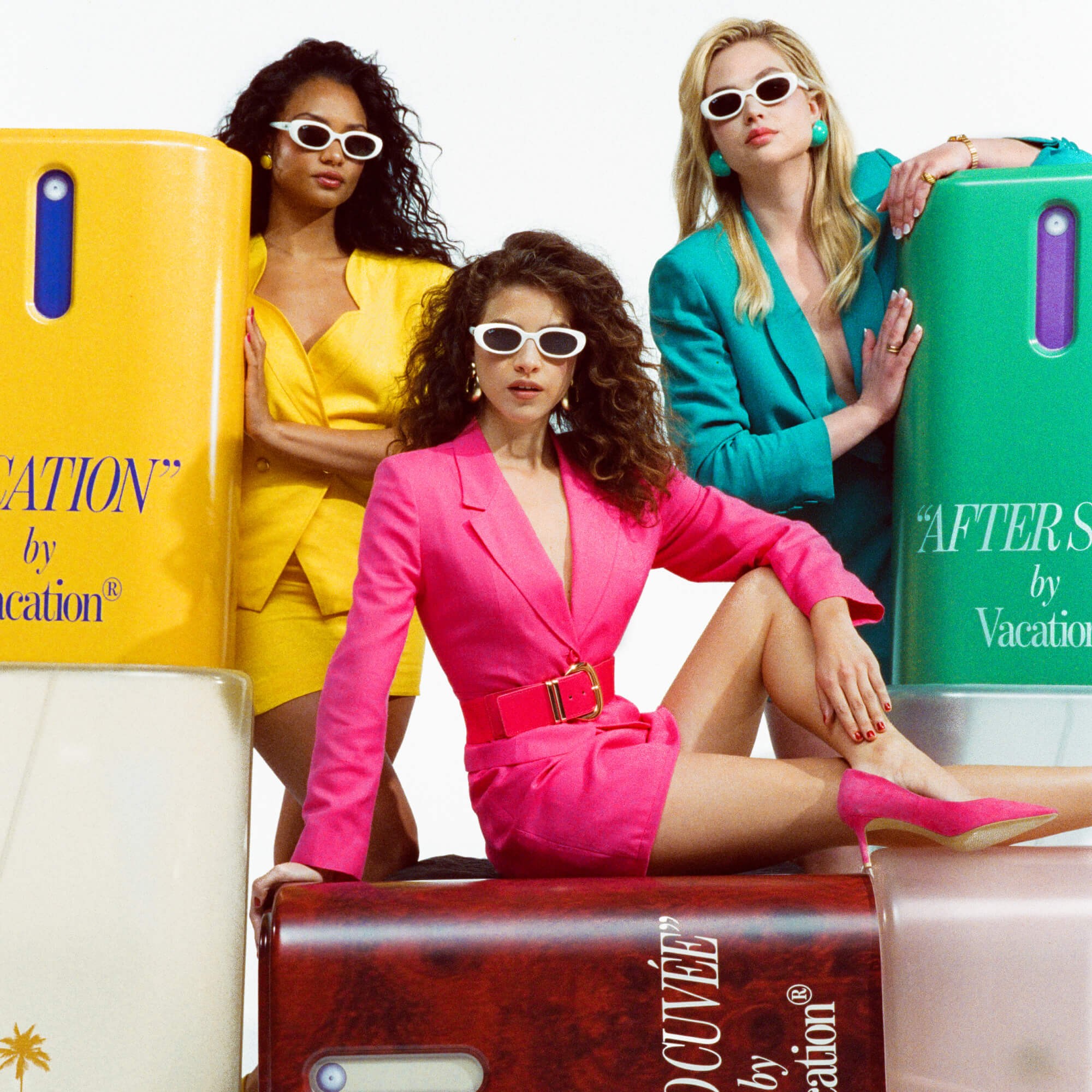 The Scent of the Summer Is a Little Bit Pool Water, Plus a Lot of Swimsuit Lycra
The Scent of the Summer Is a Little Bit Pool Water, Plus a Lot of Swimsuit LycraVacation’s new body mists are coming in hot.
By Samantha Holender
-
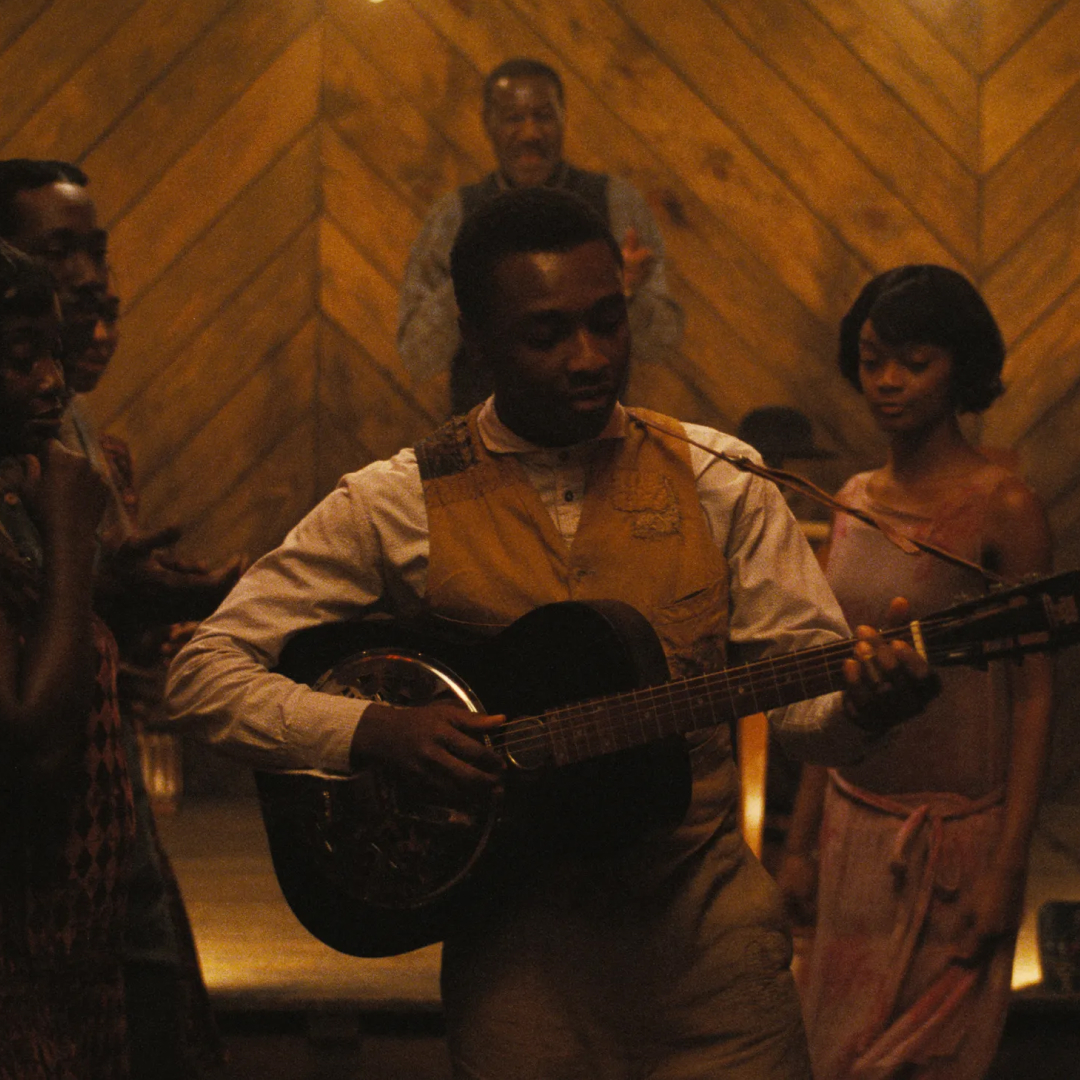 In 'Sinners,' Music From the Past Liberates Us From the Present
In 'Sinners,' Music From the Past Liberates Us From the PresentIn its musical moments, Ryan Coogler's vampire blockbuster makes a powerful statement about Black culture, ancestry, and art.
By Quinci LeGardye
-
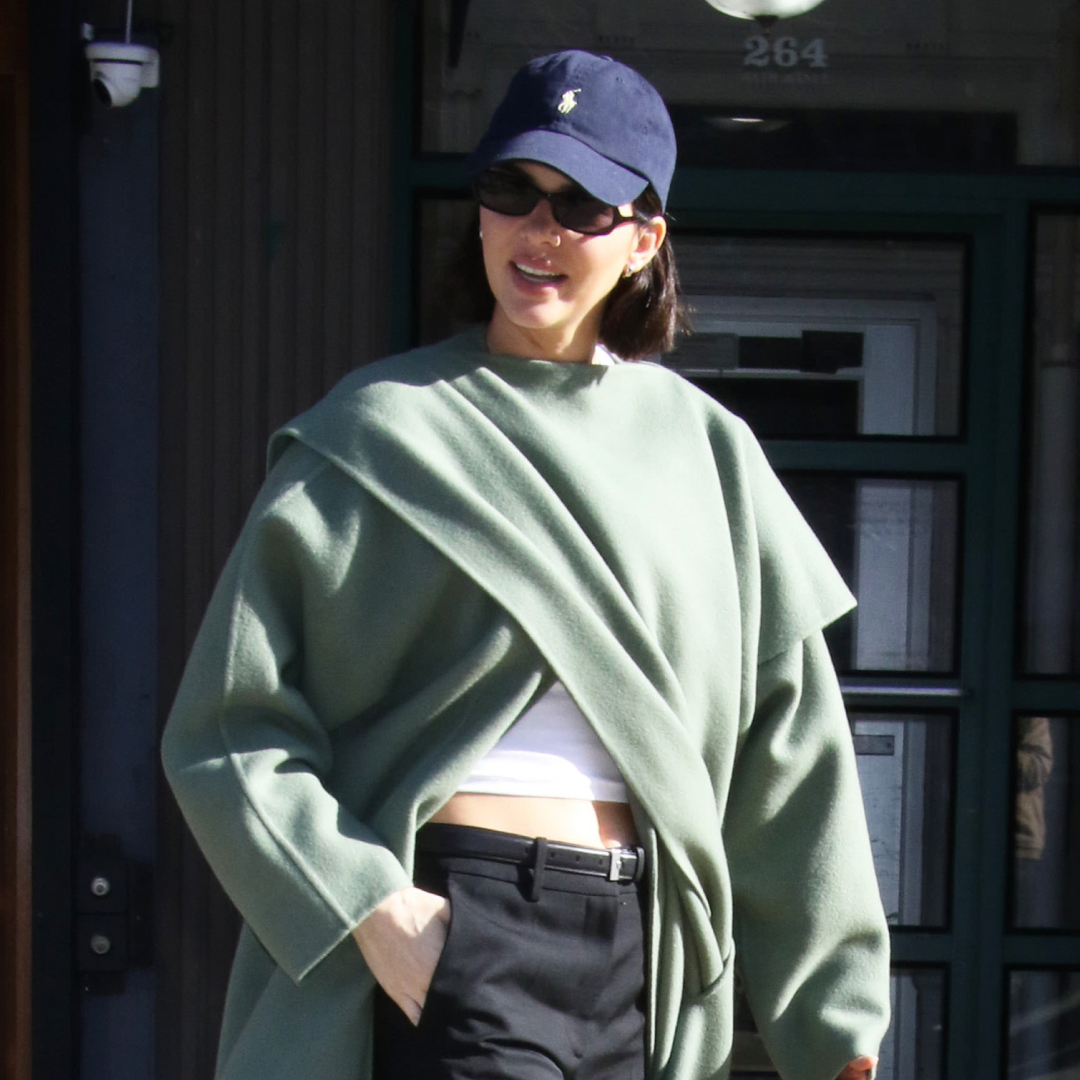 Kendall Jenner Has the Last Word on the Best Travel Shoes
Kendall Jenner Has the Last Word on the Best Travel ShoesLeave your ballet flats in your checked bag.
By Halie LeSavage
-
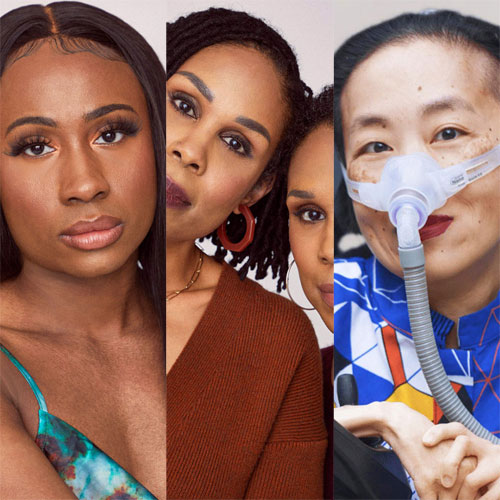 Changemakers 2021: Working Toward Wellness
Changemakers 2021: Working Toward WellnessPhysical and mental well-being cannot be separated. These changemakers are working to ensure you have both.
By Raquel Willis
-
 They Fled Domestic Violence in a Pandemic. Then Came the Winter Storm.
They Fled Domestic Violence in a Pandemic. Then Came the Winter Storm.Domestic abuse survivors in Dallas are facing trauma on top of trauma.
By Lorena O'Neil
-
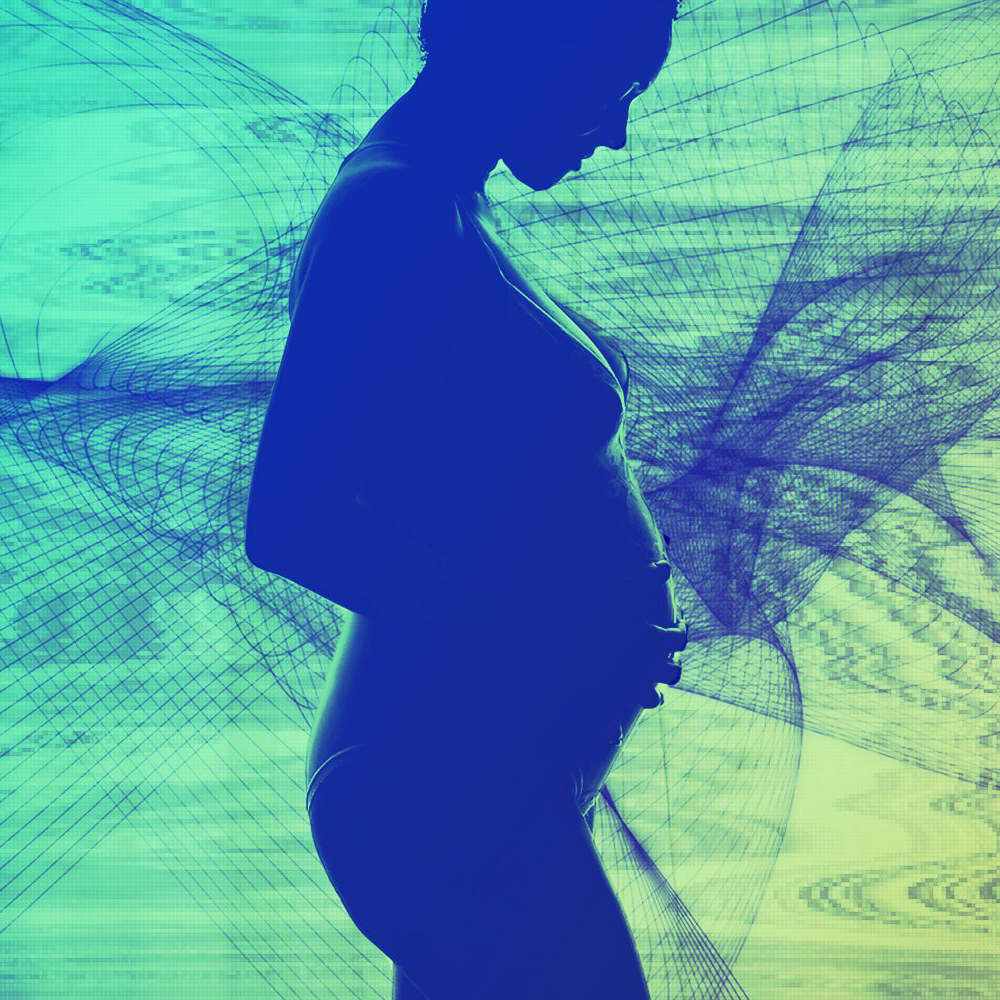 Forget Tracking Your Period—Your Period (App) Is Tracking You
Forget Tracking Your Period—Your Period (App) Is Tracking YouFemtech apps—like ones that track your period or pregnancy—are spilling your bedside secrets.
By Maria Ricapito
-
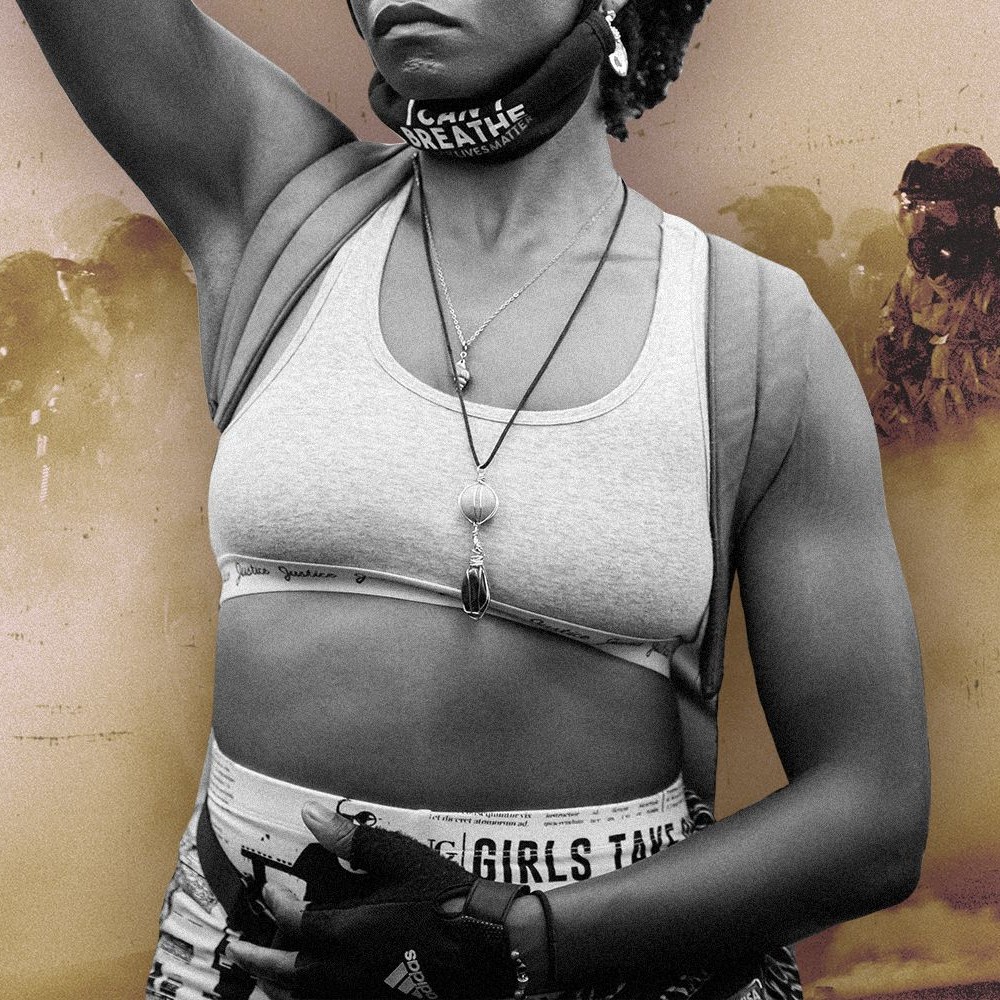 Tear Gaslighting: Is There a Link Between Protesting and Messed Up Periods?
Tear Gaslighting: Is There a Link Between Protesting and Messed Up Periods?Law enforcement has used chemical crowd control agents across the U.S. this summer. Protestors and some experts suspect tear gas exposure is causing abrupt and painful changes to menstrual cycles.
By Catherine Ryan Gregory
-
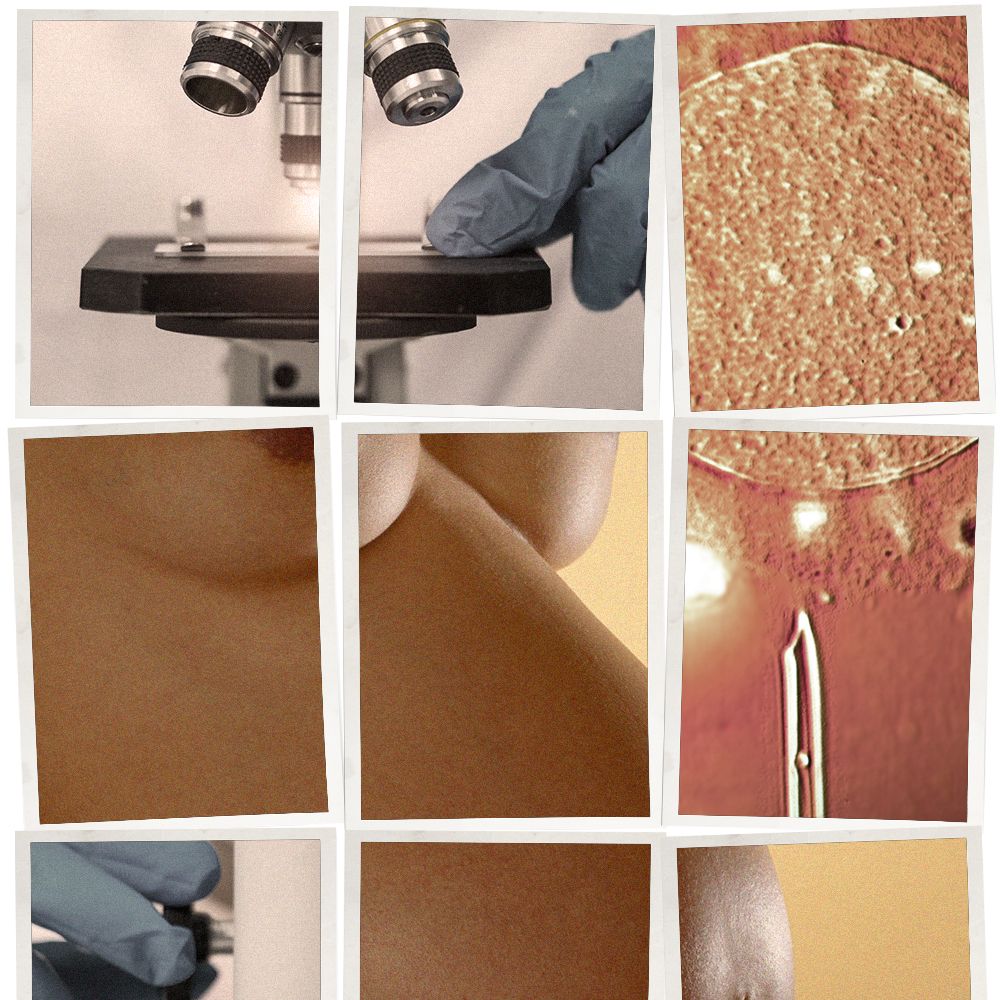 What If Fertility Didn't Have a Shelf Life?
What If Fertility Didn't Have a Shelf Life?Nicole Shanahan and Sergey Brin’s struggle to start a family launched a new era in scientific research. The goal: End menopause.
By Bonnie Rochman
-
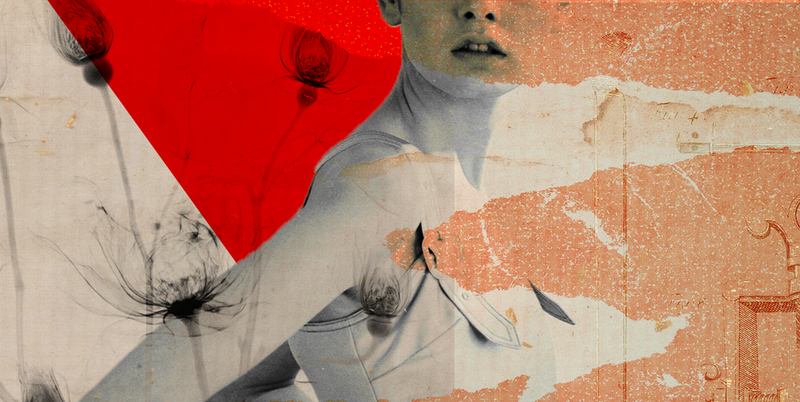 A Test With No Answer
A Test With No AnswerNo procedure exists that can prove virginity, yet dangerously unscientific virginity tests occur regularly—even in the United States. Marie Claire, in partnership with the Fuller Project, investigates the controversial exams and the gray area surrounding them that endangers both patients and medical professionals.
By Sophia Jones
-
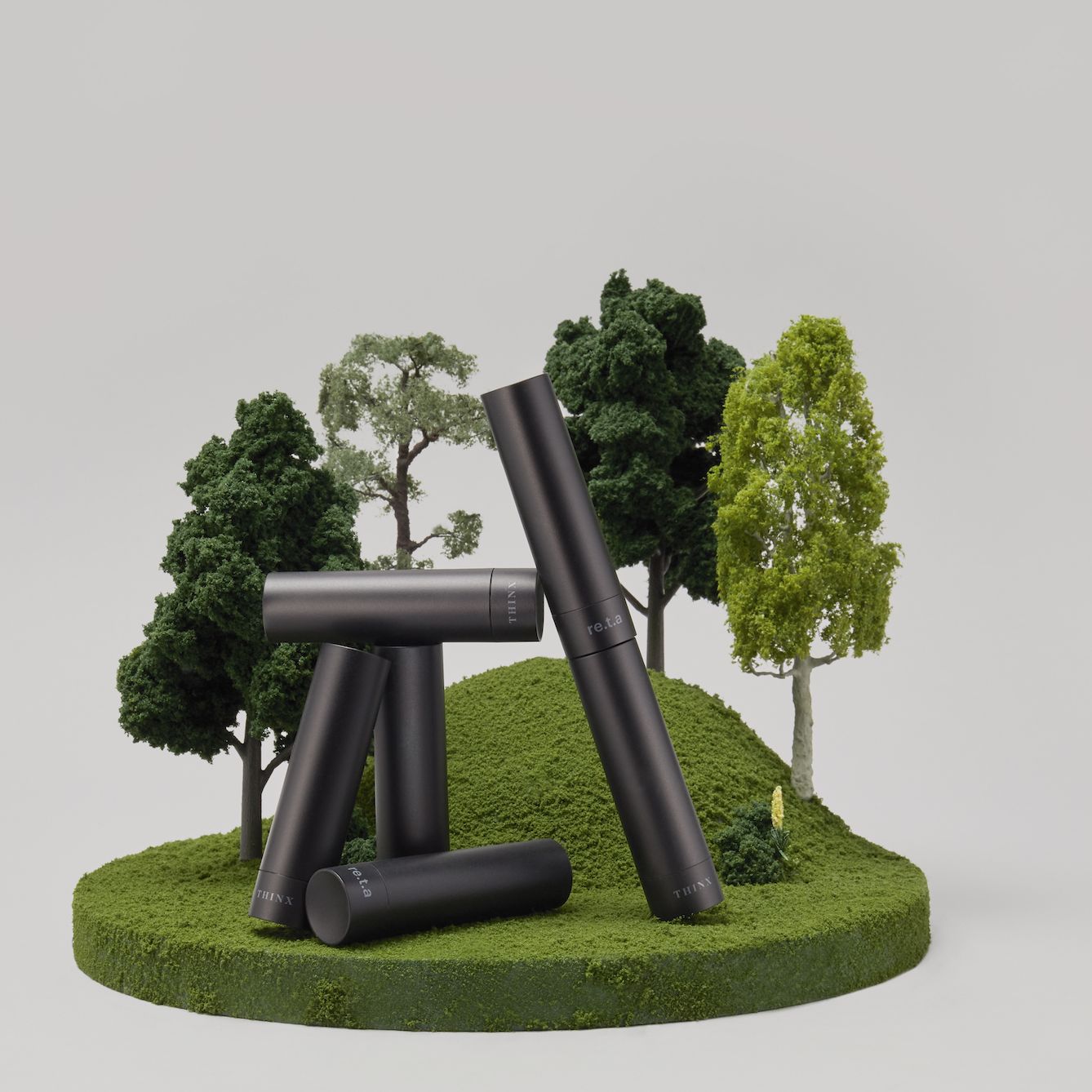 This Reusable Tampon Applicator Is Kind of Genius
This Reusable Tampon Applicator Is Kind of GeniusThinx' re.t.a. could could help people with periods cut way back on plastic waste.
By Cady Drell
-
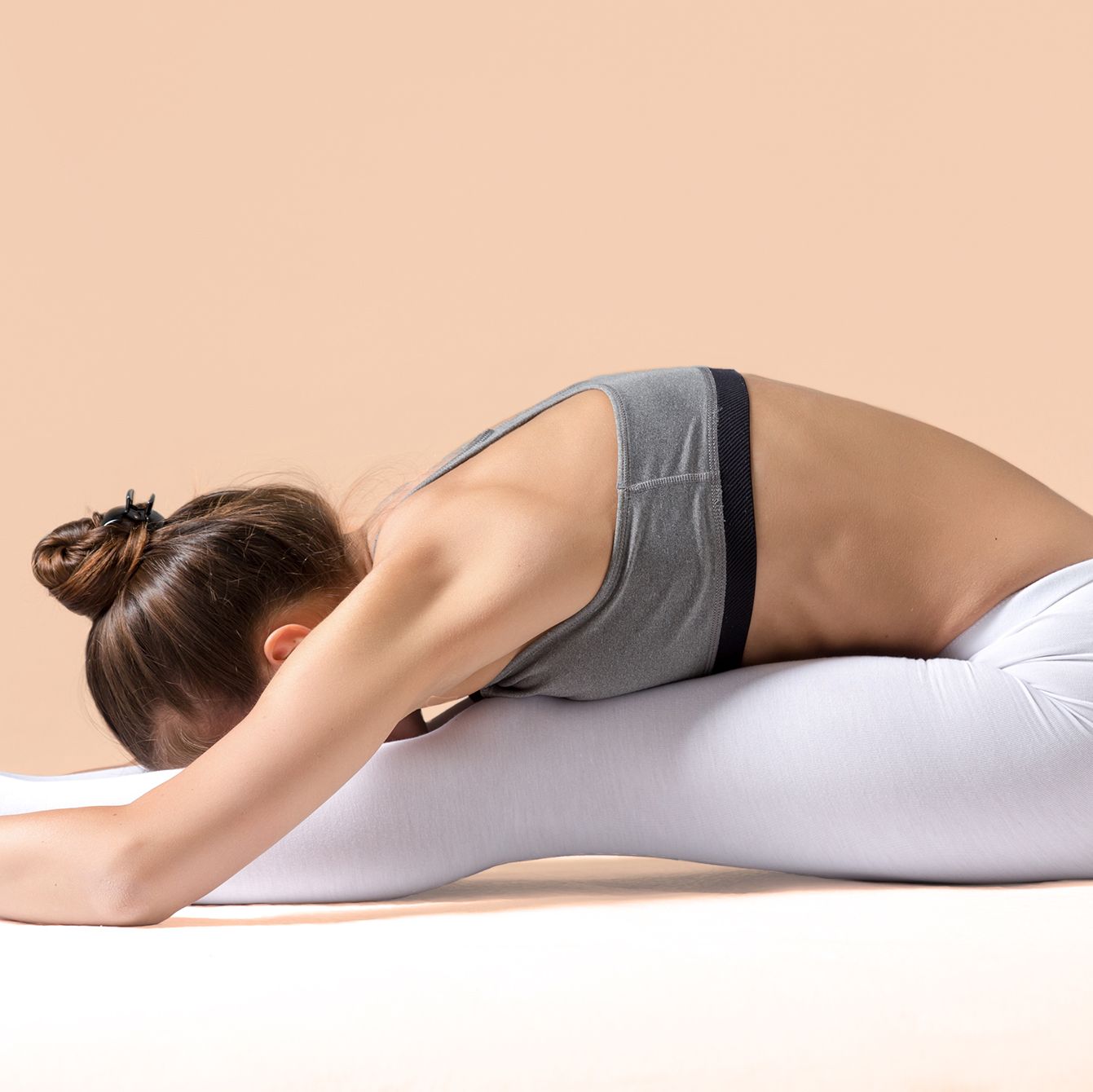 The Wellness Industry Isn't Making You Well
The Wellness Industry Isn't Making You WellIt's exclusionary, expensive, and too trendy for its own good.
By Caroline Rothstein